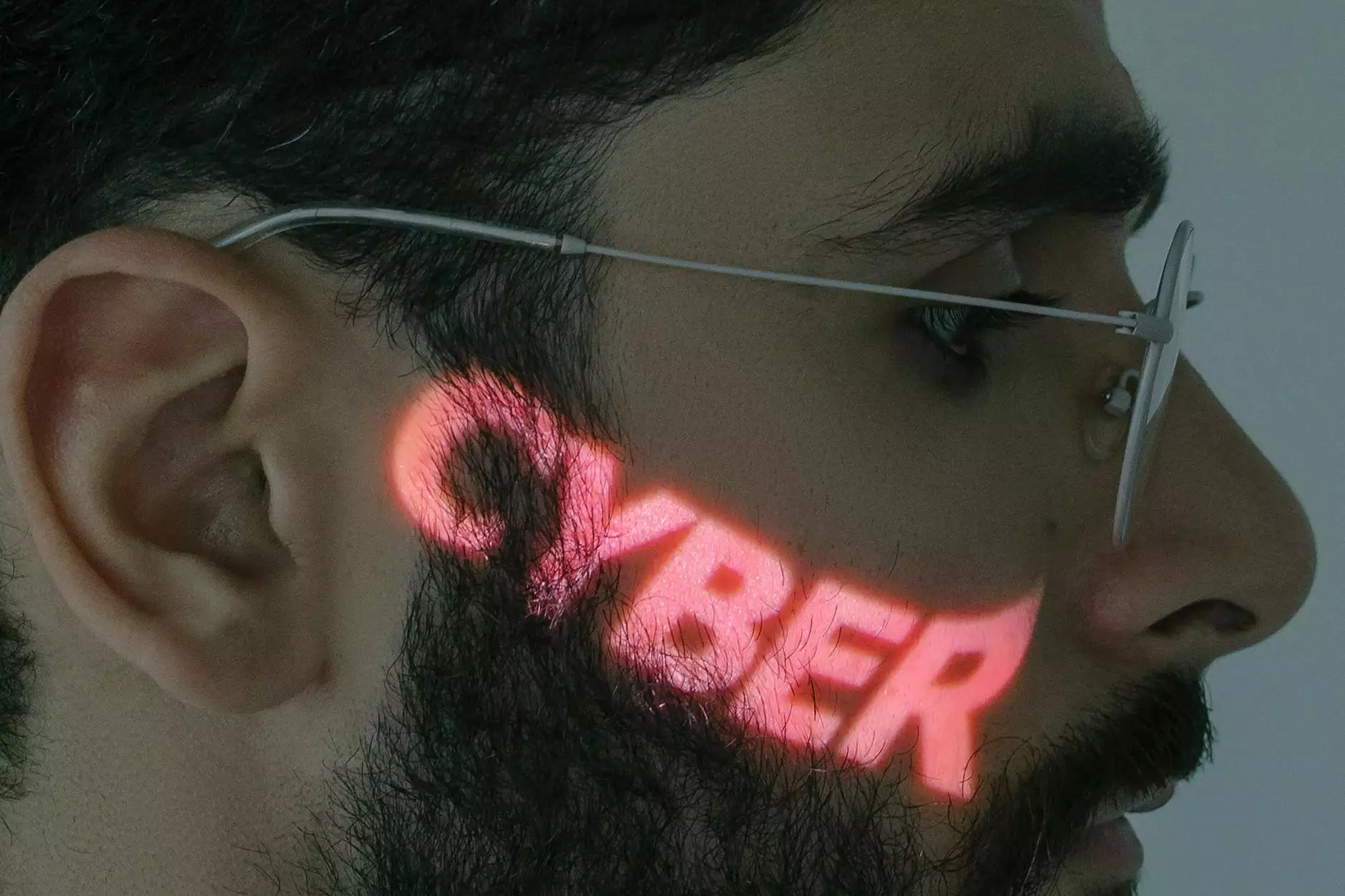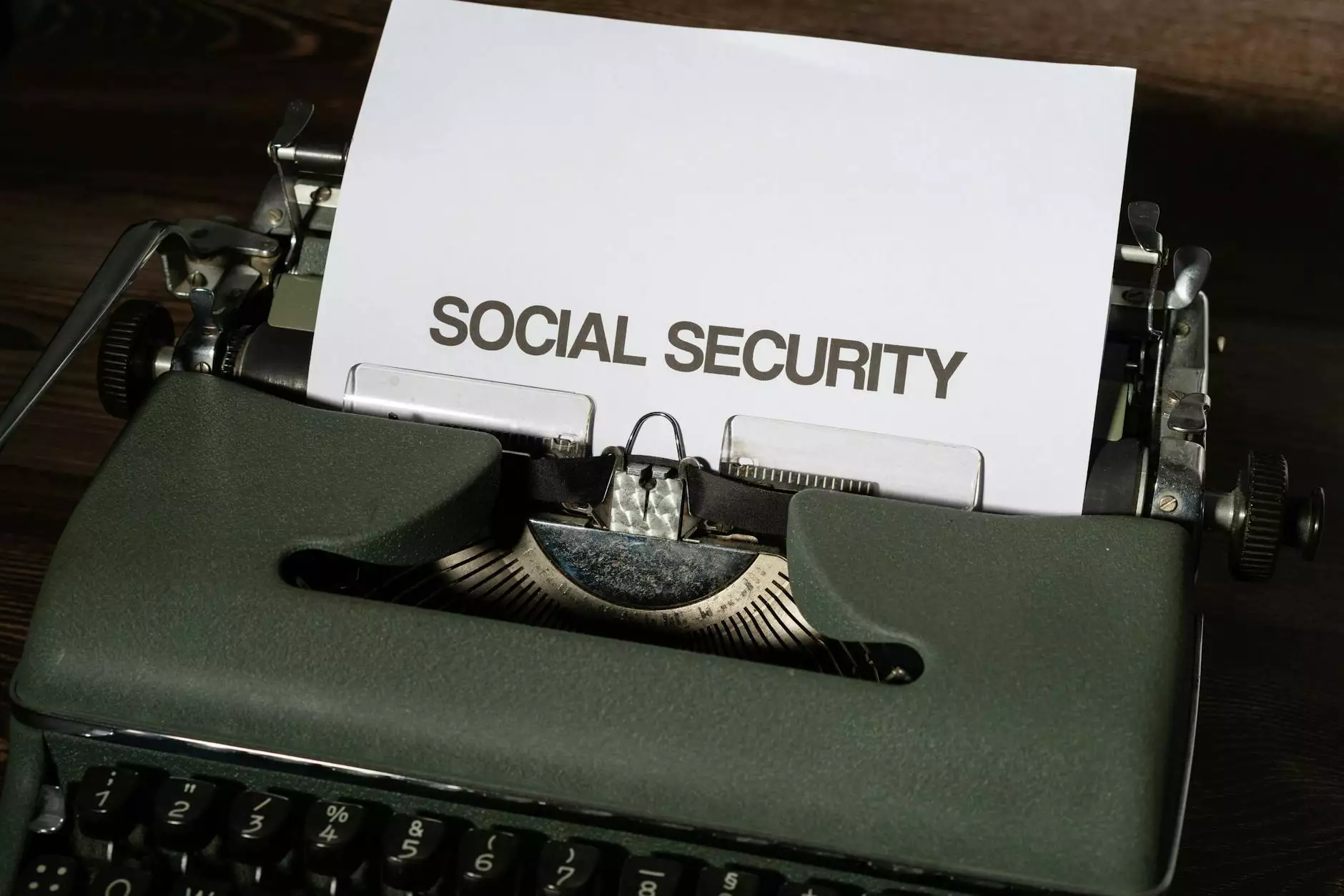The Importance of Digital Hygiene
Blog
Welcome to J&J Ingenieros de Sistemas, your trusted partner in Computers, Electronics, and Technology. In today's interconnected world, the importance of digital hygiene cannot be overstated. With the growing threats of cyber attacks, data breaches, and online fraud, it has become crucial for individuals and businesses alike to prioritize digital hygiene practices.
The Threat Landscape
As technology continues to advance, so do the tactics employed by cybercriminals. From phishing scams to malware attacks, hackers are constantly finding new ways to exploit vulnerabilities in our digital lives. This ever-evolving threat landscape necessitates the adoption of effective digital hygiene practices to safeguard sensitive information.
What is Digital Hygiene?
Digital hygiene refers to a set of best practices aimed at maintaining a secure online environment. Just like personal hygiene helps us stay healthy and prevent diseases, digital hygiene is essential for protecting our digital assets from unauthorized access, data breaches, and other cyber threats. It encompasses various aspects, including:
- Strong Passwords: Creating unique, complex, and regularly updated passwords for all your online accounts.
- Multi-Factor Authentication (MFA): Enabling MFA whenever available to add an extra layer of security.
- Regular Software Updates: Keeping your operating systems, applications, and antivirus software up to date.
- Firewall Protection: Configuring and maintaining firewalls to monitor and control network traffic.
- Safe Browsing Habits: Being cautious while clicking on links, downloading files, or visiting unfamiliar websites.
- Data Backup: Regularly backing up important files and data to prevent permanent loss.
- Social Media Privacy Settings: Reviewing and adjusting privacy settings on social media platforms to protect personal information.
Why is Digital Hygiene Important?
Proper digital hygiene practices are crucial for several reasons:
- Cybersecurity: By adopting digital hygiene practices, you can significantly reduce the risk of falling victim to cyber attacks. Preventing unauthorized access to your personal or business data ensures the privacy, integrity, and confidentiality of sensitive information.
- Identity Theft Prevention: Cybercriminals often use stolen personal information to commit identity theft. Practicing digital hygiene minimizes the chances of identity theft and protects your online reputation.
- Financial Security: With online transactions being a norm, ensuring the security of your financial information is paramount. Good digital hygiene practices protect your financial assets from fraudulent activities.
- Reputation Management: A data breach or online security incident can severely damage an individual's or a business's reputation. By maintaining good digital hygiene, you can safeguard your reputation and maintain the trust of your clients and customers.
Tips for Maintaining Digital Hygiene
Here are some essential tips to help you maintain good digital hygiene:
1. Use Strong and Unique Passwords
Creating strong and unique passwords is the first line of defense against unauthorized access. Avoid using common passwords, and consider using a password manager to securely store your login credentials.
2. Enable Multi-Factor Authentication (MFA)
MFA adds an extra layer of security to your accounts by requiring multiple forms of identification. It ensures that even if your password gets compromised, the attacker would still need the second factor to gain access.
3. Keep Software Up to Date
Regularly update your operating systems, applications, and antivirus software to patch vulnerabilities and protect against the latest threats. Enable automatic updates whenever possible to ensure you stay protected.
4. Be Wary of Phishing Attempts
Phishing attacks are one of the most common forms of cybercrime. Be cautious when clicking on links or downloading attachments from unknown sources. Verify the legitimacy of emails and websites before sharing any sensitive information.
5. Backup Your Data
Regularly backup your important files and data to an external source or the cloud. This ensures that even if your device is compromised or data is lost, you can easily recover and restore your valuable information.
6. Educate Yourself and Stay Informed
Stay updated on the latest cybersecurity trends, threats, and best practices. Educate yourself and your employees about potential risks and how to mitigate them. Continuous learning and awareness are essential for effective digital hygiene.
Conclusion
In conclusion, the importance of digital hygiene cannot be ignored in today's digitally-driven world. J&J Ingenieros de Sistemas is committed to providing expert solutions and services to ensure your digital security in the ever-evolving landscape of Computers, Electronics, and Technology. By implementing comprehensive digital hygiene practices, you can protect yourself, your business, and your valuable data from cyber threats.




